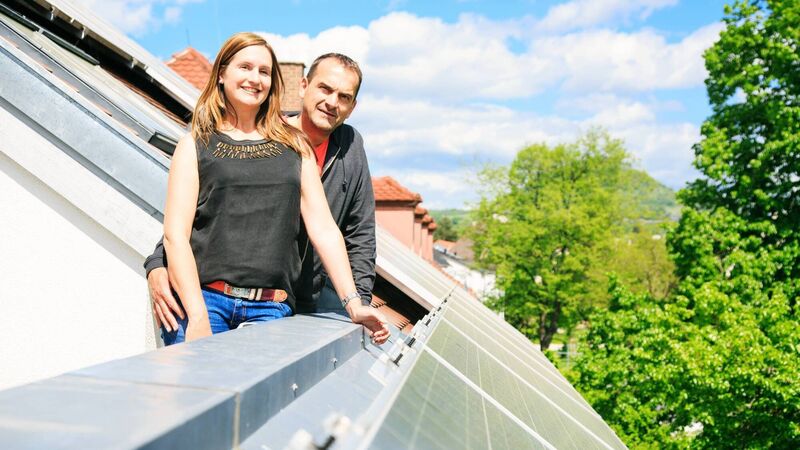Solar rooftops in demand as average European household utility bill powers to €1,850

In 2020, eurozone households spent an average of €1,200 on electricity and gas. That figure is set to swell to €1,850 this year, according to Bank of America.
Households across Europe are taking steps to slash their energy use on concern the unprecedented squeeze on supply will keep prices high way beyond winter.
Energy bills are climbing across the continent, with homes set to pay on average 54% more than they did two years ago, Bank of America data show.














